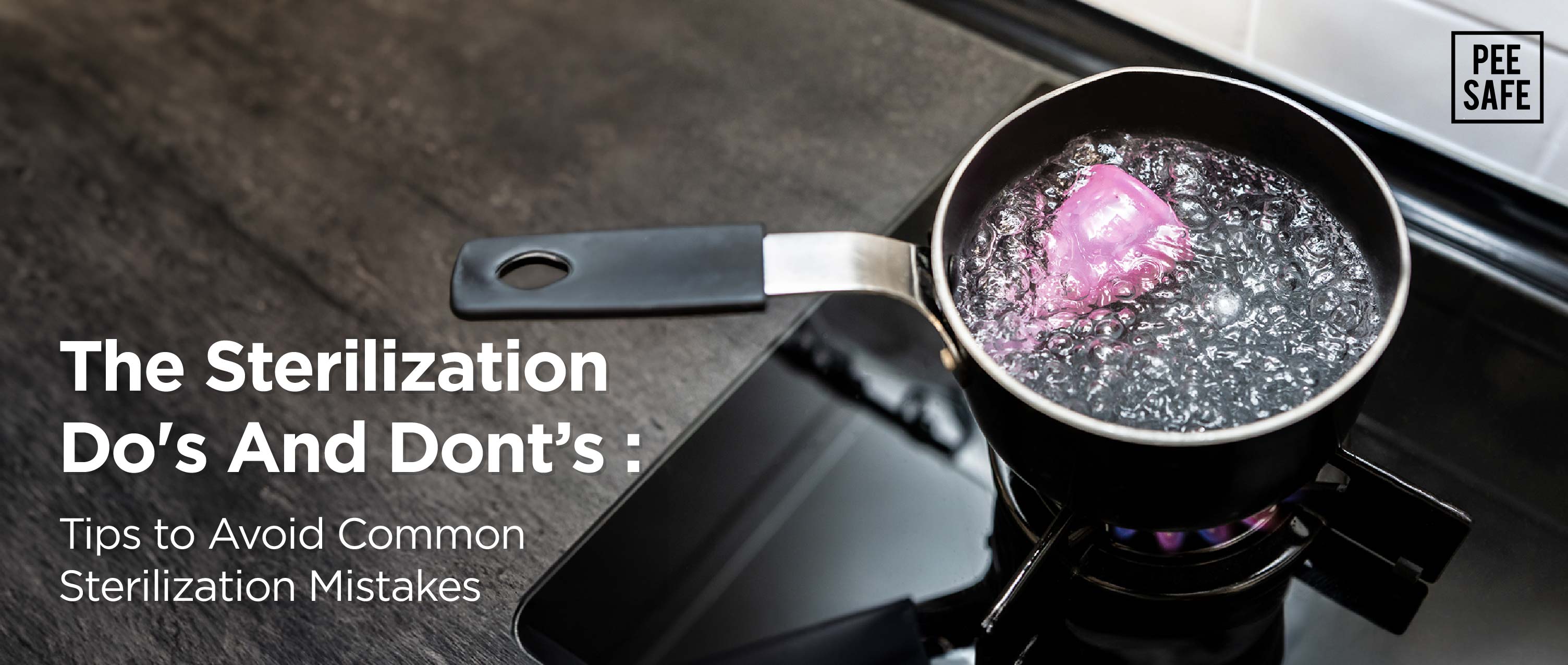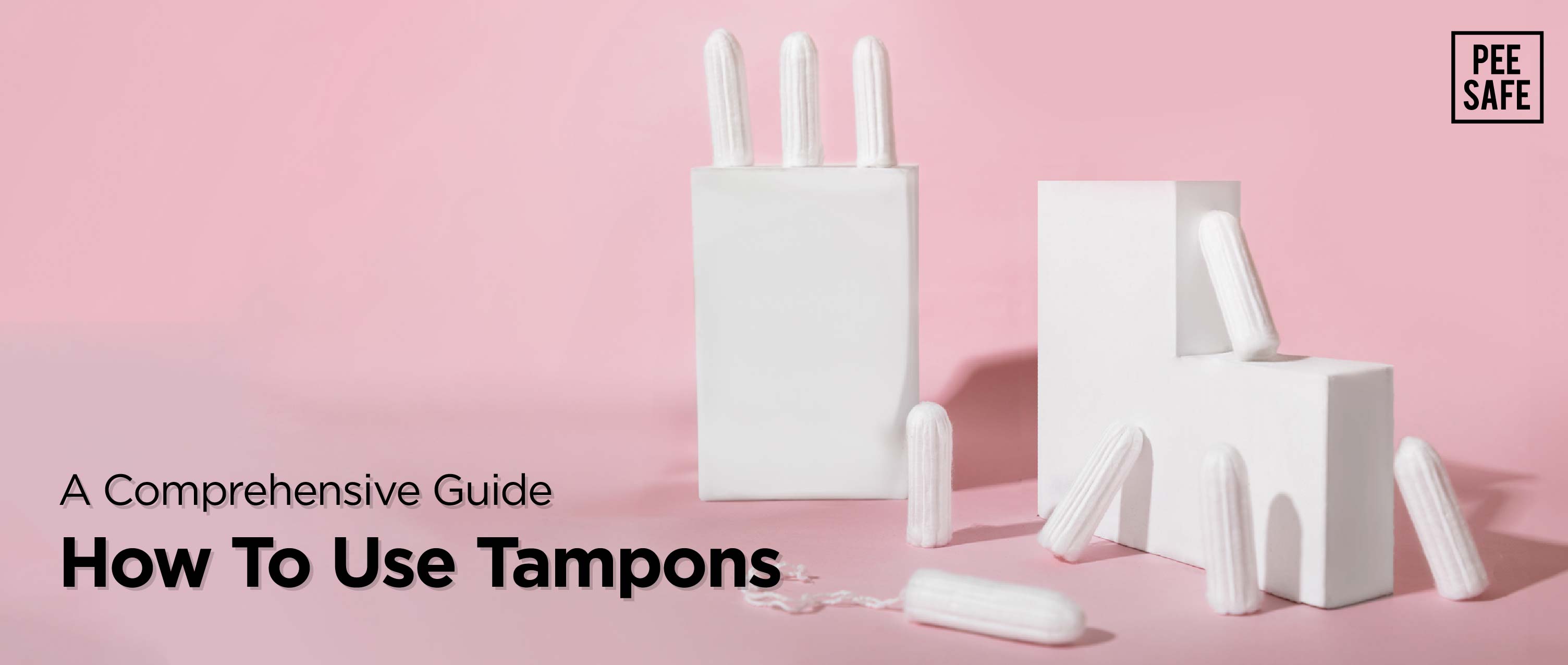Intimate wash for men plays a crucial role in maintaining the hygiene of their genital area. It is often believed that you need to cleanse your hair, face, and body. However, cleansing the genital area is commonly neglected by many.
As the media pays more attention to women’s hygiene, the aspect of men’s hygiene stays behind the curtains. It is equally important for men to maintain their overall hygiene. Before delving into the reasons why men should use an intimate wash, let us understand what it actually is.
What is an Intimate Wash?
Intimate wash for men is a hygiene product that cleanses and balances the pH level of the genital area. Since the genital area is delicate, the pH of the intimate wash is made compatible with the skin’s pH, that is, 5.3 to 5.8. Natural antimicrobial ingredients like witch hazel extracts, tea tree essential oil, calendula, aloe vera, and wheat germ extracts are used to prepare the solution of this intimate wash.
Why use an intimate wash?
Personal hygiene is not gender specific and should not be neglected by anyone. However, here are the reasons why intimate wash for men is important:
- To balance the pH : The pH of the general soap and shower gel is basic in nature. They contain certain chemicals which are suitable for the rest of the skin of your body but not for the skin of the groin region.
The groin region has an acidic pH, therefore, it should not be affected by using common soaps and shower gels. This is why intimate wash should be used by men to balance the pH and maintain hygiene in their pubic area.
- To remove germs and harmful bacteria: You all know that sunlight is the best natural resource to kill harmful bacteria present on our skin’s surface. However, since the groin region is always covered, it doesn’t get exposed to sunlight. Using an intimate wash can help you kill those germs and harmful bacteria.
- To prevent the risk of infections: Where there are harmful bacteria, exists the risk of infections. As the intimate wash kills those bacteria, it reduces the risk of potential infections. Carelessness in maintaining hygiene may cause lumps, bumps, irritation, itching, and fungal infection in the private area.
How to use an intimate wash?
It’s a no-brainer to use an intimate wash. The process is simple and easy. You have to use it in the same manner as you wash your face or body. Here are the steps you can follow while using an intimate wash:
- Wash your hands: It’s very important to use an intimate wash with clean hands as the germs and bacteria on dirty hands can interrupt the cleansing process.
- Wet your groin: Pour in some water in order to wet your groin area. This is to ensure the easy application of intimate wash.
- Pump the product: It is a foam-based hygiene product. So, pump it onto your palm once or twice to have an adequate amount of the wash.
- Apply the foam: Apply the product on your genital and cover the pubic area.
- Massage: Gently massage the lather to cleanse your pubic area and remove the accumulated dirt, smegma, and sweat.
- Wash: Wash yourself thoroughly with water to remove all the lather and dirt.
- Wipe it off: Wipe your groin region with a clean and dry cloth to make sure it is not moist.
Every individual must pay attention to the hygiene of public areas along with their face, hair, and body. Intimate hygiene is usually resonated with women, but it’s equally important for men to maintain that. The use of soaps and shower gels may cause itching and irritation due to the difference in pH levels. Therefore, use an intimate wash to clean your groin region as it is compatible with the pH of that particular area. The more you maintain hygiene, the less you are prone to infections and diseases. So, it’s time for you to take a mindful step toward your intimate hygiene and start using intimate wash for men.
-✍️ This article was curated by Komal Gupta




























